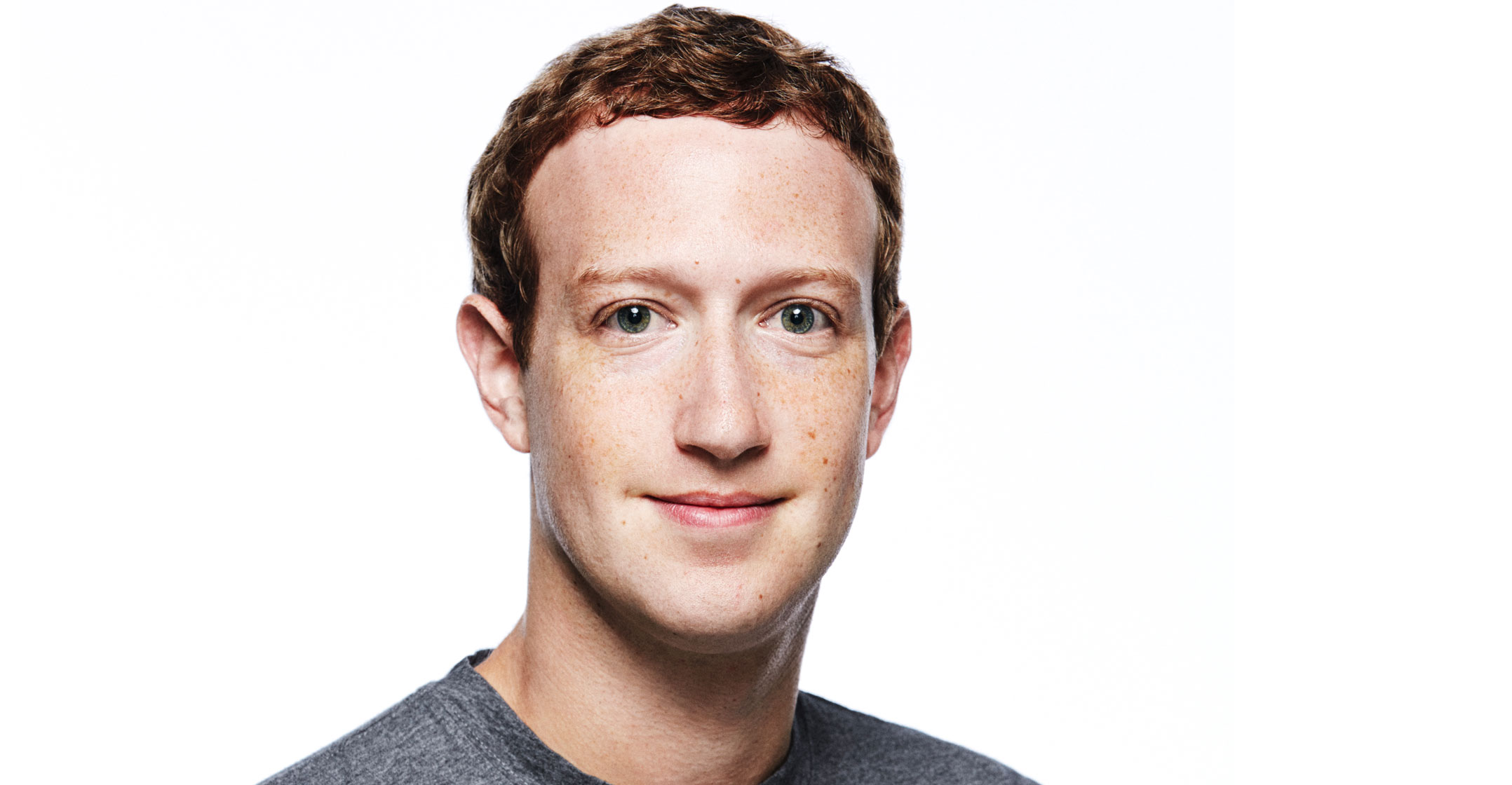 Facebook has experienced a steep increase in the number of fake accounts being created on the social network, resulting in more than three billion being taken down.
Facebook has experienced a steep increase in the number of fake accounts being created on the social network, resulting in more than three billion being taken down.
Between October 2018 and March 2019, Facebook disabled 3.3 billion accounts. It estimates, too, that fake accounts represent about 5% of its monthly active users globally.
The vast majority were detected automatically, using technology to identify and remove millions of fake accounts within minutes of their creation, the social network said.
Using AI to proactively catch bad actors has prevented some people from even seeing fake accounts, CEO Mark Zuckerberg said, though he did not disclose the origin of the spammers behind them.
Facebook also took action on a record amount of hate speech, according to its third Community Standards Enforcement Report, targeting 3.3 million between October and December, and four million between January and March.
More than a quarter (1.1 million) in the first three months of 2019 received appeals from people to reverse their decision, though only 130 000 were restored following these complaints.
More transparent
In a bid to be more transparent about details of its operations, Facebook is revealing stats about appeals for the first time, as well as adding metrics for the removal of posts selling drugs and guns.
Results also show that Facebook is still largely reliant on people reporting incidents of bullying and harassment rather than detecting them automatically, with 85.9% from January to March reported by users first. “On bullying and harassment, we still have a lot of work to do,” Zuckerberg admitted.
The amount of content found containing child nudity and sexual exploitation has fallen since reporting started in July 2018 to 5.4 million in the first three months of 2019, down from 6.8 million in the previous quarter and 8.8 million in the quarter before that.

However, Facebook said a bug had impacted its ability to store hashes of violating videos that were already removed, making it harder to detect other instances of the same video if it was shared.
It has since fixed the bug and is currently trying to remove any content it missed.
From next year, Facebook will start publishing its transparency reports quarterly and said its next report will also include data on Instagram for the first time.




